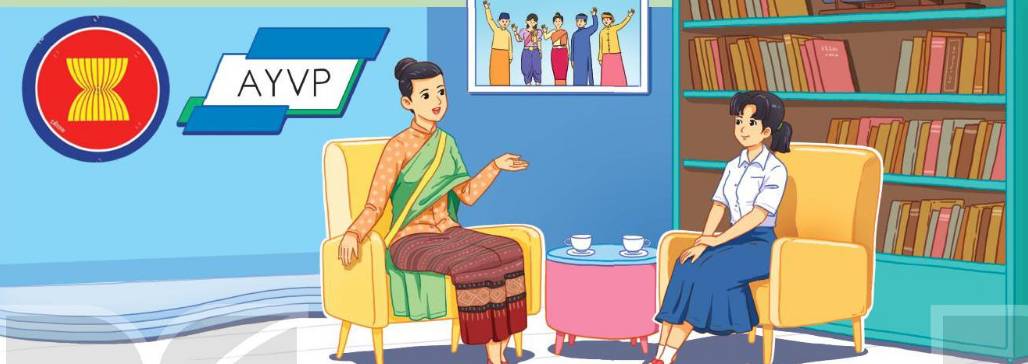Listen and read.
Ms Hoa: Good morning, class. Today, we'll talk about the generation gap. So, what is the generation gap?
Mark: Well, I think it's the difference in beliefs and behaviours between young and older people.
Ms Hoa: You're right, Mark. So, Is there a generation gap in your family?
Mark: Not really, Ms Hoa. I live in a nuclear family with my parents and brother. We understand each other quite well though we still argue over small things.
Ms Hoa: Right. We can't avoid daily arguments. What about you, Mai?
Mai: Well, I live with my extended family, and I have to learn to accept the differences between the generations.
Ms Hoa: That's a good point. Can you give us an example?
Mai: Well, my grandparents hold traditional views about male jobs and gender roles. For example, my grandfather wants my brother to be an engineer, but my brother hopes to become a musician. And my grandmother thinks women have to do all the housework.
Ms Hoa: How about your parents? Do they share your grandparents' views?
Mai: No, they don't. They think that we should follow our dreams. They give us advice, but never force us to follow in their footsteps.
Ms Hoa: Thank you, Mai, for sharing your experiences. You must respect your parents and grandparents, but you should also express your opinion. Now let's continue our discussion with...

